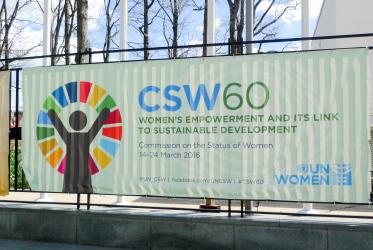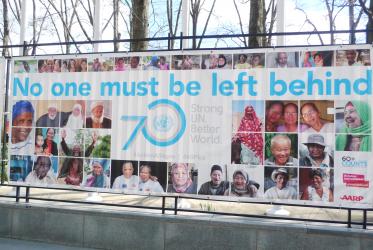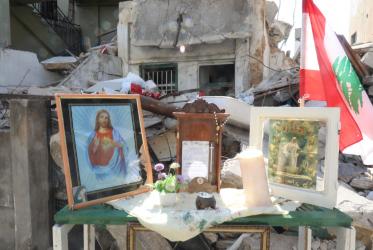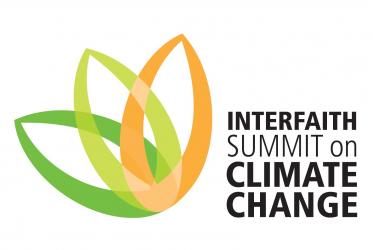Displaying 41 - 60 of 61
Religious leaders as agents of peace in the Americas
02 March 2016
Symposium focuses on religion, violence, extremism
04 February 2016
Killer Robots? Moral questions pervade UN conference
23 April 2015
Christians around the world pray for unity
22 January 2015
Momentum builds for ban on nuclear weapons
16 December 2014
Indigenous faith leaders reflect on resilience and climate change
23 September 2014
Weaving together personal faith and climate change
23 September 2014
Heal the earth, fight against climate change
22 September 2014
Interreligiöse Erklärung zum Klimawandel
22 September 2014
To save the earth, all must change their ways, says Ecumenical Patriarch
19 September 2014











